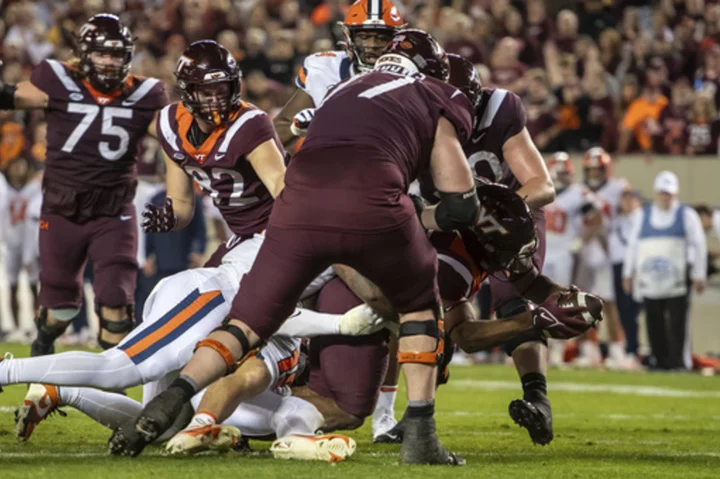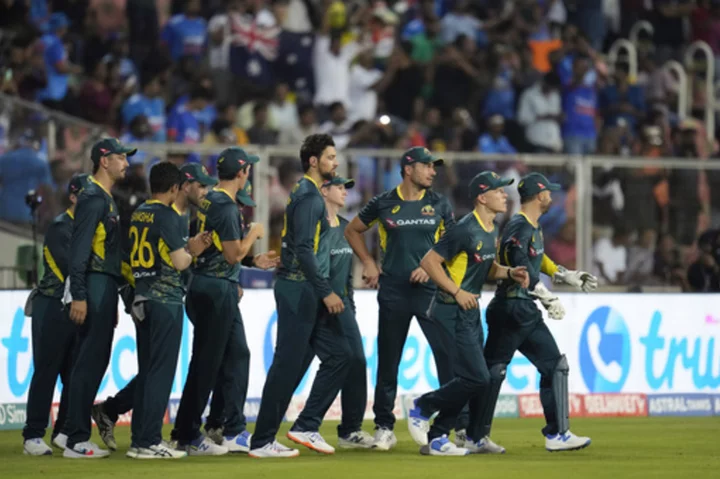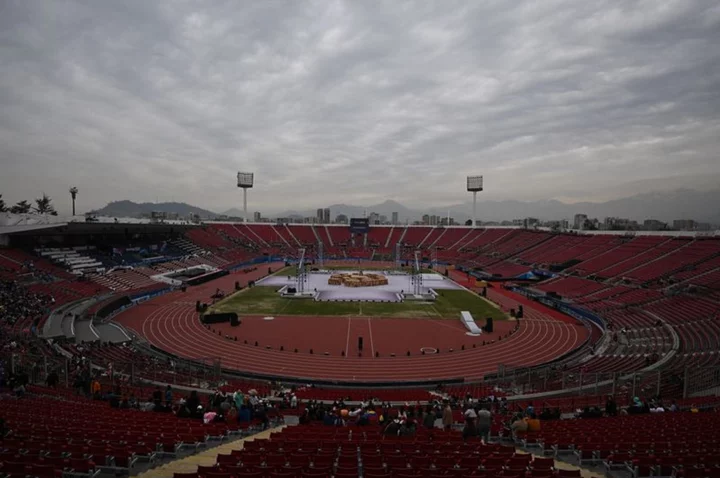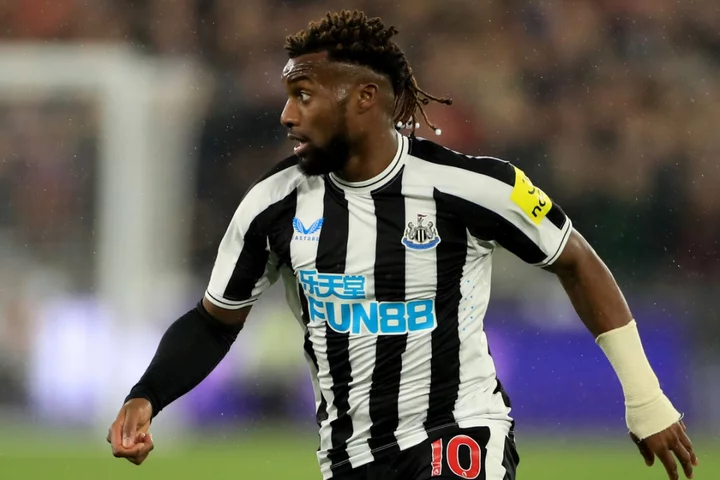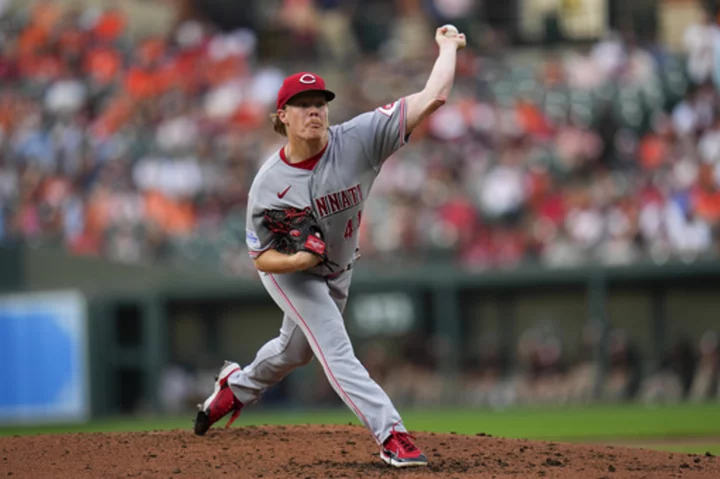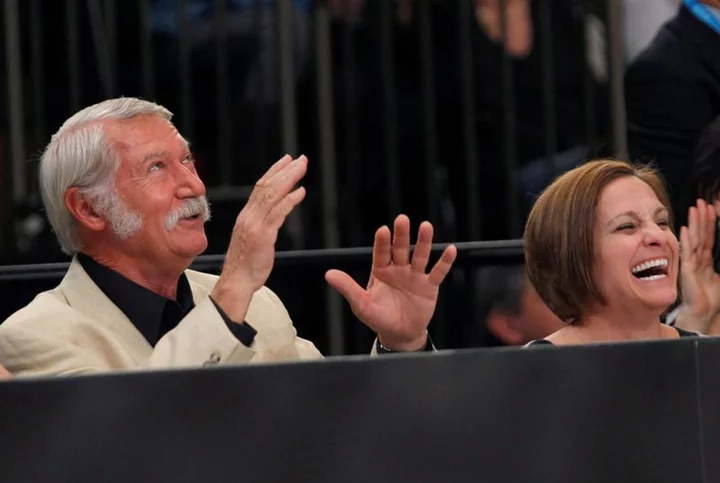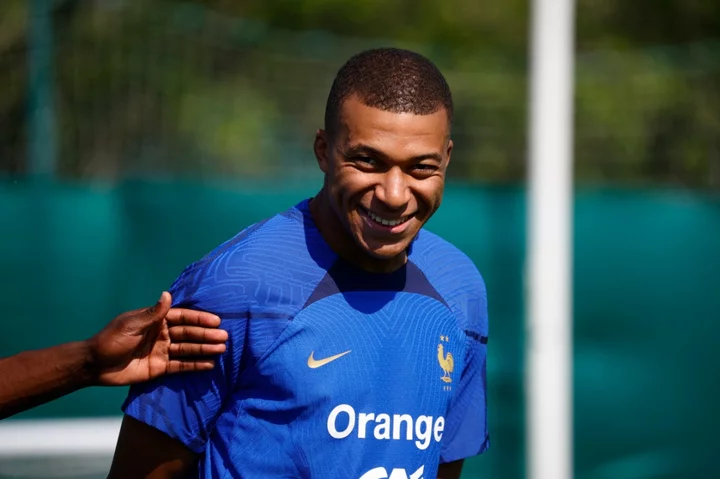Saudi-bound Ruben Neves is the face of a changing game in more ways than one
“I want to play Champions League football,” said Ruben Neves, as, all of a month ago, he explained why he might leave Wolves. Maybe he had just omitted a word, because, after winning the Saudi league, Al Hilal can provide him with that chance. He is bound for the Asian Champions League. A swift change of destination on the exit from Molineux – to Riyadh rather than Barcelona – has left Neves accused of paying greater attention to his wallet than his heart, to his bank balance than his ambitions. If many of the others decamping to Saudi Arabia are in their thirties, signing up for a final pay day, Neves is 26. He may be a trendsetter if others in their prime follow suit or, like Oscar, who left Chelsea for China at 25, be seen as a player who gave up his seat at the top table too soon. The simplistic accusation may be to brand Neves a mercenary. The reality may be more complex: not for the first time, he is an example of trends in the modern game. He is joining Al Hilal for £47m; the price could appear inflated, given that he had a solitary year left on his contract at Wolves, or market value, considering his class as a passer. Either way, it put him beyond Barcelona’s reach, even before the availability of Ilkay Gundogan on a free transfer meant they could acquire a top-class alternative rather cheaper. The dream move was stripped of any realism. Barcelona’s financial difficulties have altered the equation for many another who might otherwise have been bound for Catalonia, as Neves’ Portugal teammate Bernardo Silva can testify. The broader collapse of the European transfer market is part of a wider theme affecting Premier League clubs and their greater struggle to sell. There are only a handful on the continent capable of paying a £47m fee for a midfielder; if, for various reasons, they can be ruled out, it reduces the alternatives to the big buyers in England. That they have overlooked Neves points in part to the high number of talented midfielders on the market this summer, but also to the sense he is a man out of time. A languid passer may not suit sides with a greater focus on pressing. Neves may not be a Jurgen Klopp, Pep Guardiola or Mikel Arteta-style midfielder. But the changing dynamics in the game may have meant he was an ever more incongruous presence at Molineux. Odd as it felt that he traded the Champions League – where, at 18, he was its youngest ever captain in his Porto days – for the Championship, his first three years at Wolves were an unqualified success, with promotion and successive seventh-place finishes. The last three, however, have been underwhelming, with mid-table finishes, a lack of goals, and this season, a flirtation with relegation. Neves has still been excellent. Wolves have not been. He has been their classiest player since their golden age more than six decades ago; the added benefit was that he stayed for six years and 253 games. The axis of Neves and Joao Moutinho brought a level of style Wolves may not see again in midfield for decades. But if Neves is leaving a traditional club for a new player in the football firmament, an alternative perspective is to say he has traded one moneyed project where Jorge Mendes has exerted an influence and where Portuguese players have signed up for another. The super-agent has a habit of spotting opportunities and Wolves, under the ownership of Fosun, provided one. Not that Wolves provides such scope for signings this summer. As even Julen Lopetegui seems to have belatedly acknowledged, they have an issue with Financial Fair Play. Heavy spending in the last two windows was often misguided – Goncalo Guedes and Matheus Cunha, particularly – while a lack of buyers on the continent means Wolves cannot recoup much of their money. Neves was one of the few remaining assets, a footballer who had publicly said his time was up without having a better exit strategy. Lower mid-table at Wolves followed by a spell in Saudi Arabia was scarcely the career trajectory that many envisaged when he was skippering Porto in the Champions League as a teenager. Sympathy may be in short supply, given the probable scale of his remuneration. He may be happy at Al Hilal. But Neves, a quality player at his peak, seemed short of options. And if that is a shame, it is also part of a bigger picture. Once again, Neves is a sign of how the game is changing. Read More Saudi Arabia money has turned transfers into ‘chaos’ – will it last? N’Golo Kante, the midfield miracle worker who changed football
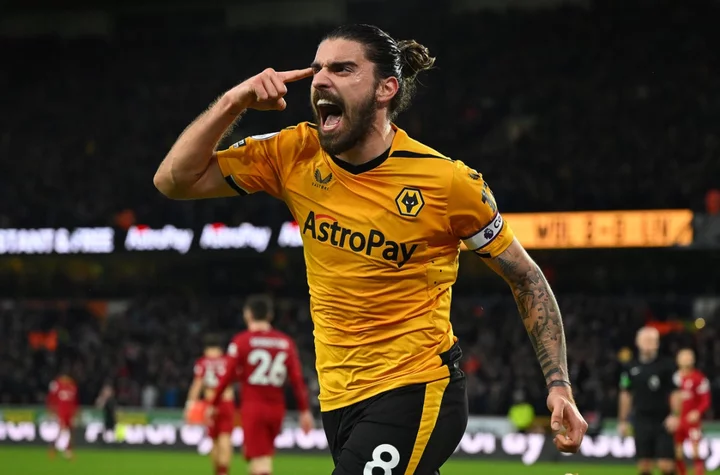
“I want to play Champions League football,” said Ruben Neves, as, all of a month ago, he explained why he might leave Wolves. Maybe he had just omitted a word, because, after winning the Saudi league, Al Hilal can provide him with that chance. He is bound for the Asian Champions League.
A swift change of destination on the exit from Molineux – to Riyadh rather than Barcelona – has left Neves accused of paying greater attention to his wallet than his heart, to his bank balance than his ambitions. If many of the others decamping to Saudi Arabia are in their thirties, signing up for a final pay day, Neves is 26. He may be a trendsetter if others in their prime follow suit or, like Oscar, who left Chelsea for China at 25, be seen as a player who gave up his seat at the top table too soon.
The simplistic accusation may be to brand Neves a mercenary. The reality may be more complex: not for the first time, he is an example of trends in the modern game. He is joining Al Hilal for £47m; the price could appear inflated, given that he had a solitary year left on his contract at Wolves, or market value, considering his class as a passer.
Either way, it put him beyond Barcelona’s reach, even before the availability of Ilkay Gundogan on a free transfer meant they could acquire a top-class alternative rather cheaper. The dream move was stripped of any realism. Barcelona’s financial difficulties have altered the equation for many another who might otherwise have been bound for Catalonia, as Neves’ Portugal teammate Bernardo Silva can testify.
The broader collapse of the European transfer market is part of a wider theme affecting Premier League clubs and their greater struggle to sell. There are only a handful on the continent capable of paying a £47m fee for a midfielder; if, for various reasons, they can be ruled out, it reduces the alternatives to the big buyers in England.
That they have overlooked Neves points in part to the high number of talented midfielders on the market this summer, but also to the sense he is a man out of time. A languid passer may not suit sides with a greater focus on pressing. Neves may not be a Jurgen Klopp, Pep Guardiola or Mikel Arteta-style midfielder.
But the changing dynamics in the game may have meant he was an ever more incongruous presence at Molineux. Odd as it felt that he traded the Champions League – where, at 18, he was its youngest ever captain in his Porto days – for the Championship, his first three years at Wolves were an unqualified success, with promotion and successive seventh-place finishes. The last three, however, have been underwhelming, with mid-table finishes, a lack of goals, and this season, a flirtation with relegation. Neves has still been excellent. Wolves have not been. He has been their classiest player since their golden age more than six decades ago; the added benefit was that he stayed for six years and 253 games. The axis of Neves and Joao Moutinho brought a level of style Wolves may not see again in midfield for decades.
But if Neves is leaving a traditional club for a new player in the football firmament, an alternative perspective is to say he has traded one moneyed project where Jorge Mendes has exerted an influence and where Portuguese players have signed up for another. The super-agent has a habit of spotting opportunities and Wolves, under the ownership of Fosun, provided one.
Not that Wolves provides such scope for signings this summer. As even Julen Lopetegui seems to have belatedly acknowledged, they have an issue with Financial Fair Play. Heavy spending in the last two windows was often misguided – Goncalo Guedes and Matheus Cunha, particularly – while a lack of buyers on the continent means Wolves cannot recoup much of their money. Neves was one of the few remaining assets, a footballer who had publicly said his time was up without having a better exit strategy.
Lower mid-table at Wolves followed by a spell in Saudi Arabia was scarcely the career trajectory that many envisaged when he was skippering Porto in the Champions League as a teenager. Sympathy may be in short supply, given the probable scale of his remuneration. He may be happy at Al Hilal. But Neves, a quality player at his peak, seemed short of options. And if that is a shame, it is also part of a bigger picture. Once again, Neves is a sign of how the game is changing.
Read More
Saudi Arabia money has turned transfers into ‘chaos’ – will it last?
N’Golo Kante, the midfield miracle worker who changed football


